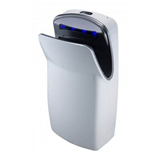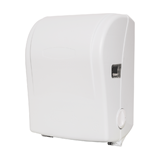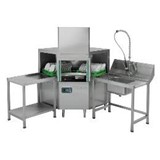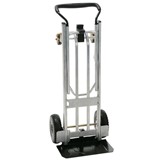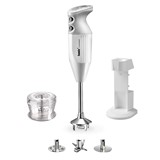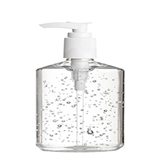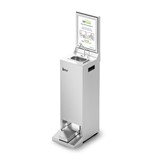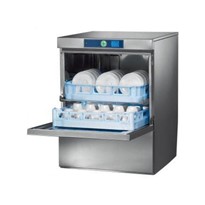For this reason, buying new equipment is usually the best option because it will use the latest technology, be energy-efficient, perform well and reliably, comply with health and safety standards and have a full warranty.
Sometimes, however, buying new equipment may not be practical. You may be a start-up with
a limited budget or may have restricted resources for other reasons. In these cases, buying second hand commercial dishwasher may be best because it frees funds for other purposes. However, you need to be careful what you buy to avoid problems and should consider certain factors.
1. How Old is it?
The older the used commercial
kitchen equipment, the harder it may have worked and the nearer it will be to failing. There may be
exceptions to this rule, but you can’t take the risk. It is, however, usually possible to buy relatively new equipment at a significantly reduced price because it: has been rejected by buyers due to superficial damage but is still perfectly functional was owned by a failed business that did not have the equipment for long.
2. What's the Condition?
Relatively new equipment may have been worked hard while older products may have had light use. Consequently, check the condition and make sure you see it in use. If you don’t feel proficient, get someone qualified to check it over, particularly
looking for perished rubber hoses, worn bearings and motors, and any modifications that may impact the performance. It’s also advisable to buy reputable brands you know are reliable.
3. Warranty
All new products have a warranty that covers against material and manufacturing faults.
You need to know what length of warranty remains and if it is transferable to you. Alternatively, the seller may provide a separate warranty for peace of
mind.
4. Available Functionality
In many cases, equipment that’s relatively uncomplicated should last longer because there are fewer things to go wrong. However, there may be certain features you really need, such as detergent dosers, rinse pumps and drainage pumps.
Nevertheless, the general rule is not to pay for features you won’t use.
5. Documentation
The more documentation the supplier provides, the better for you. Check how well the
equipment has been maintained and track down user instructions so you don’t operate the equipment incorrectly and cause damage.
6. Compliance
All new kitchen equipment should comply with current health and safety legislation
although used items could be a little out-of-date in that respect. You need to protect your customers from the presence of bacteria, cockroaches and other
pests so you have to ensure anything you buy is compliant.
7. Spares and Repairs
All equipment, even the best quality expensive dishwashers can break down and that’s more likely to happen with something that’s been in use for several years.
Lengthy interruptions to normal service aren’t acceptable in a commercial kitchen.




